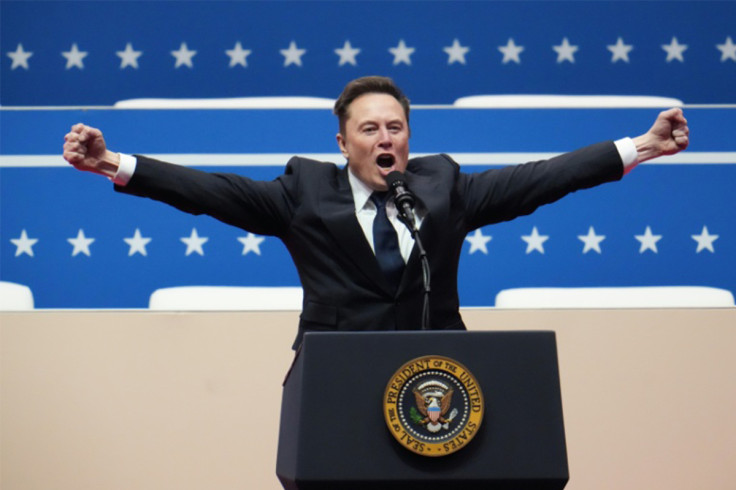Elon Musk's Furious xAI Lawsuit Forces Apple and OpenAI to Face the Consequences
Inside the xAI lawsuit that puts Apple, OpenAI, and the future of artificial intelligence on trial

Elon Musk's latest courtroom gambit is creating a gigantic legal war that could redefine artificial intelligence and mobile platform power. His company, xAI, has filed a lawsuit against Apple and OpenAI, alleging that the two tech giants have colluded to dominate the AI-powered chatbot market. According to court filings, Musk claims that Apple's integration of OpenAI technology into Siri gave OpenAI an unfair advantage and shut xAI's chatbot, Grok, out of actual and real competition. With the case proceeding, the implications for AI competition, platform control and the broader role of AI in everyday mobile devices have become impossible to ignore.
The Case: xAI vs. Apple and OpenAI
It began in August 2025, when xAI filed a contentious suit against Apple and OpenAI, accusing them of conspiring to 'dominate the AI market.' The lawsuit's main allegation is that Apple integrated ChatGPT via OpenAI into Siri, thereby giving ChatGPT preferential access to iPhone users, while denying xAI's own chatbot, Grok, a similar integration. According to the complaint, Apple 'blindsided' the competition by responding to rapid AI innovation from xAI by teaming up with OpenAI in 'a desperate bid to protect its smartphone monopoly.'
According to reports, Judge Mark Pittman of the US District Court in Texas has rejected Apple and OpenAI's motions to dismiss, meaning the case will now proceed to further litigation. For Musk and xAI, this is already a victory as the lawsuit is on the table, discovery may begin, and the much bigger dispute over AI competition is now public.
READ MORE: Can Microsoft's Latest Superintelligence AI Really Predict Disease Years In Advance? Here's What We Know
Why This Legal Case Matters in AI and Big Tech
At the centre of this massive legal battle lies an important question: who controls access to artificial intelligence on mobile devices, and how open is that access? On Apple's iPhones, the virtual assistant Siri is the major access path to generative AI for users. xAI argues that by choosing to integrate ChatGPT from OpenAI, Apple has effectively removed user choice. Those seeking an integrated chatbot experience have no real choice besides ChatGPT, even if they allegedly might prefer Grok.
If xAI succeeds, this could completely change how platform owners think about AI integrations, how independent AI developers vie for visibility, and how antitrust law views collaborations between hardware makers and AI firms. Moreover, for Apple, the case leads to difficult questions about whether integrating a particular AI provider gives that provider an unfair advantage. For OpenAI, it brings scrutiny to how its partnerships may affect competition in the AI ecosystem and whether it can have exclusive relationships with big smartphones.
What's Next: Legal Stakes and Industry Impacts
With the lawsuit now proceeding, Apple and OpenAI must file responses and participate in the discovery process. According to reports, xAI is seeking not only injunctive relief to halt what it claims is an 'anticompetitive scheme' but also 'damages in the billions'. Furthermore, the case could lead to major platform changes. For example, Apple might need to offer equal access to other chatbots via Siri, or adjust how it features apps in the App Store to avoid suppressing competition.
Outside the courtroom, AI developers and platform owners will be watching closely. If Musk's xAI shows that it can challenge the norms of AI integration and exposure, we may see more vigorous competition, faster innovation, and possibly regulatory reform of how AI-powered assistants are incorporated into mobile ecosystems.
For users, the end result could mean more choices in which AI assistant or chatbot they use and not just those pre-approved by their device maker.
© Copyright IBTimes 2025. All rights reserved.




















